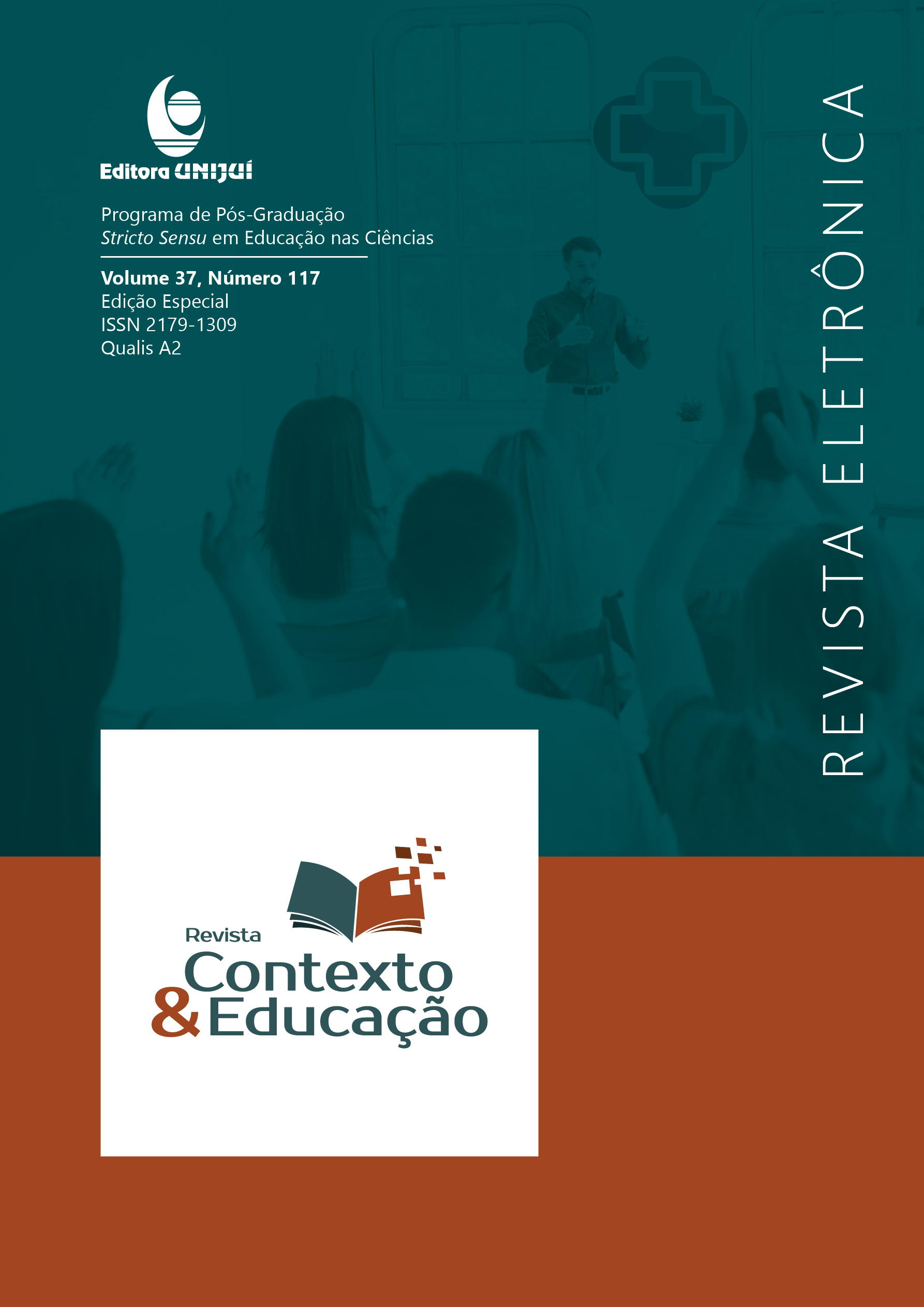HEALTH AND DRUGS IN SCIENCE TEACHING, CREATING A PROBLEM IN SOUTH COLOMBIA
DOI:
https://doi.org/10.21527/2179-1309.2022.117.12979Keywords:
Health Education, State of the Art, Science Teaching, DrugsAbstract
Currently, the level of recognition and perception that young people have about responsible health issues is low. Therefore, in adolescence, health-related aspects are not considered essential. This conception in the young population leads, from an early age, to exposure to health risks and problems related to the consumption and ingestion of various substances. Among this diversity of substances, there are drugs (depressants, stimulants and hallucinogens) and foods that are ingested without taking into account the consequences of their consumption and sometimes cause damage to the body. Thus, Health Education is an emerging theme in education and its connection with the science classroom significantly contributes to the development of critical thinking and healthy attitudes. Thus, a documental study is presented, whose objective is to recognize the theoretical constructions around the dimension of addictions and scientific education. For this, 23 academic references were reviewed, including undergraduate and graduate theses, compiled in indexed journals, databases and bibliographic repositories. Systematization was carried out with the Educational Analytical Summary - RAE and, based on that, a review matrix was built. Among the most relevant findings, the grouping of the revised material into three discursive categories stands out: Drugs in the Science Classroom Uses of Psychoactive Substances and Health Education - Drugs. Thus, methodological guidelines aimed at preventing drug use are recognized, that is, positions of a biological and clinical nature. On the contrary, records that formally include the subject in the classroom are few, due to emotions such as apathy and disinterest in the faculty and the tendency to think of addictions as a matter of psychology.
Downloads
Published
How to Cite
Issue
Section
License
Copyright (c) 2021 Revista Contexto & Educação

This work is licensed under a Creative Commons Attribution 4.0 International License.
By publishing in Revista Contexto & Educação, authors agree to the following terms:
All works are published under the Creative Commons Attribution 4.0 International License (CC BY 4.0), which allows:
Sharing — to copy and redistribute the material in any medium or format;
Adaptation — to remix, transform, and build upon the material for any purpose, even commercially.
These permissions are irrevocable, provided that the following terms are respected:
Attribution — authors must be properly credited, a link to the license must be provided, and any changes made must be indicated.
No additional restrictions — no legal or technological measures may be applied that legally restrict others from doing anything the license permits.
Notices:
The license does not apply to elements that are in the public domain or covered by legal exceptions.
The license does not grant all necessary rights for specific uses (e.g., image rights, privacy, or moral rights).
The journal is not responsible for the opinions expressed in the articles, which are the sole responsibility of the authors. The Editor, with the support of the Editorial Board, reserves the right to suggest or request modifications when necessary.
Only original scientific articles presenting research results of interest that have not been previously published or simultaneously submitted to another journal with the same purpose will be accepted.
Mentions of trademarks or specific products are intended solely for identification purposes and do not imply any promotional relationship by the authors or the journal.
License Agreement (for articles published from October 2025): Authors retain the copyright to their article and grant Revista Contexto & Educação the right of first publication.


